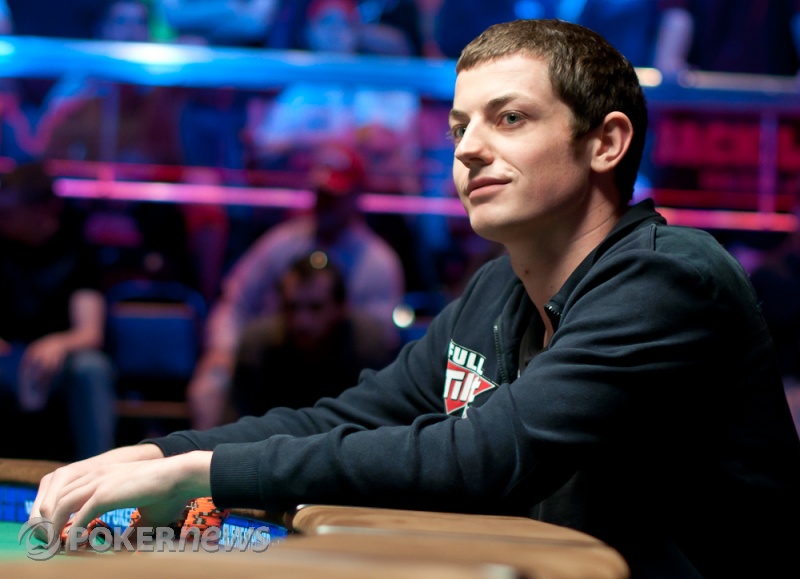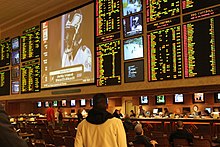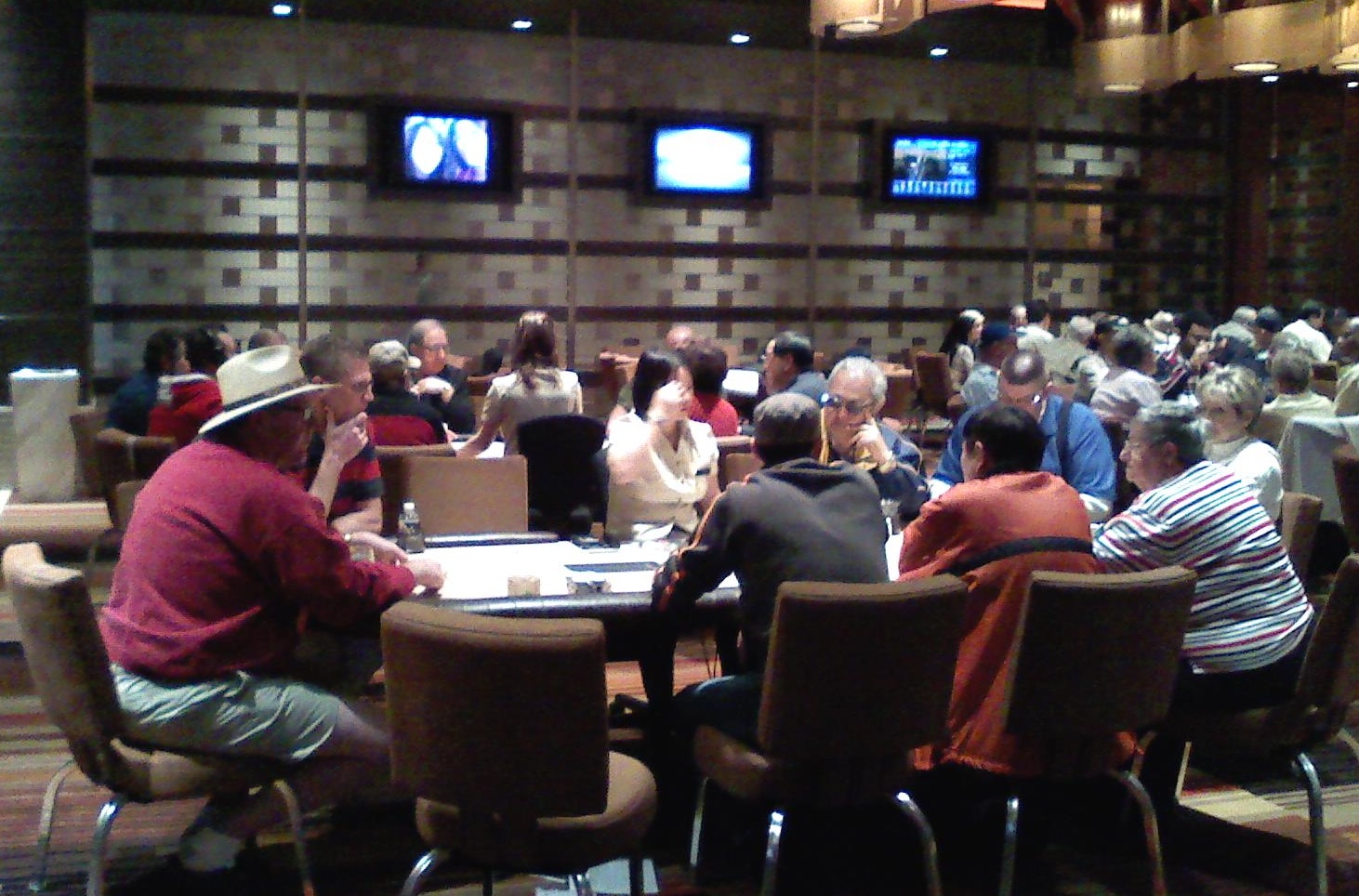- Sports Betting Strategy Books For Dummies
- Sports Betting Strategy Books Best
- Michigan Sports Book Betting News
- Sports Betting Strategy Books Examples
When put on the spot our Head of Sportsbook didn’t hesitate with his answer - Fooled by Randomness by Nassim Nicholas Taleb - a book which isn’t explicitly about betting. If this seems to be a strange choice, then maybe you need to rethink what constitutes betting knowledge.
In this article, we will discuss the sports betting strategies that actually work. There are a few forms of gambling that can lead to long-term profits. These include poker and sports betting. Still, it can be hard to make a reasonable amount of money from sports betting. With SBD’s comprehensive guide, you too can master the betting strategies used by the pros. Learn to shop for the best lines and make the most of time-tested strategies to get an edge on the public and your sportsbook. Billed as the sports gambling book that you can bet on, Sports Betting for Dummies is another in the seemingly never-ending series of books that teach those who haven’t how to make it happen. Authored by Swain Scheps, Sports Betting.
Taking this theme a bit further, we have added two more books, which have a huge amount to offer aspiring bettors, but which would be categorised otherwise on Amazon. They should make it easier for bettors to climb the betting learning curve.
Best Sports Betting Strategy. Considering how many millions of fans betting has all over the world, it should come as no surprise that hundreds of sport betting strategies have been developed over the. Sports Betting Strategy Online sports betting is a multi-billion dollar industry around the world. Despite restrictions, offshore sites continue to offer a huge range of opportunities for US bettors – with many.
Fooled by Randomness (Nassim Nicholas Taleb)
Nassim Nicholas Taleb will never win any awards for his writing style, which at best is abrasive and at worst arrogant. If however, you can see past his obvious flaws, Fooled by Randomness – The Hidden Role of Chance in Life and in the Markets brilliantly exposes how routinely we suffer from probability blindness, and how this misunderstanding of statistical significance manifests.
His point of focus is the finance industry, but you can simply substitute bettors for city traders and start to understand how easy it is to confuse luck with skill. A quick route to the poorhouse.
Fooled by Randomness – The Hidden Role of Chance in Life and in the Markets brilliantly exposes how routinely we suffer from probability blindness.
Taleb uses probability theory, basic statistics and behavioural biases – along with a fair amount of condescension - to ram home his message. He may not have discovered all the concepts he covers, but his aggregation of the themes couldn’t have been more timely, given the clear connection of these issues with the 2008 financial crash, the effects of which are still being felt worldwide.
Taleb speaks from experience. His profile benefited hugely given his prescient warnings and substantial personal financial gain from – to use one of his own terms – having skin in the game.
That said, Fooled by Randomness doesn’t contain winning systems or tips, in fact it exposes many supposed experts (interchangeable for tipsters) in risk analysis as mere snake-oil salesmen.
Sports Betting Strategy Books For Dummies
Taleb continually asserts the dangers of listening to self-appointed experts and extols the virtues of producing your own objective analysis. Amen to that.
Thinking, Fast and Slow (Daniel Kahneman)
The second of our recommended books has even less specific reference to betting than the first, yet its relevance to bettors is enormous. One of the biggest challenges a bettor faces, apart from trying to beat the bookmaker, is trying to control and counter-balance their own innate reflex toward irrationality.
Think Fast, Think Slow is written by the grand-daddy of behavioural science – Daniel Kahneman – who condenses a career of ground-breaking study into digestible chunks that every bettor should associate with.
One of the biggest challenges a bettor faces, apart from trying to beat the bookmaker, is trying to control and counter-balance their own innate reflex toward irrationality.
Kahneman was the first non-economist to win the Nobel Prize in Economics, back in 2002 in recognition of his work (in partnership with the late Amos Tversky) on prospect theory. It describes how people differentiate probabilistic choices that involve risk, but where the probabilities of the outcomes are known. That should resonate with any regular bettor.
The theory showed that people make decisions based on the potential value of losses and gains rather than the final outcome, and that people evaluate these losses and gains using certain heuristics – rules of thumb. In essence bettors are going through this process every time they make a bet, so knowledge of heuristics and how they work is critical, and Thinking, Fast and Slow provides a great introduction.
This book opens up a whole world of understanding that the vast majority of people are simply unaware of – such as the two ‘systems’ that operate during decision-making - the area has spawned a specific section within our Betting Articles. It is packed with little puzzles and logic questions that you can challenge your friends with and will genuinely open your mind to a different appreciation of how to make better decisions under conditions of uncertainty, something every bettor should be interested in.

The Signal and the Noise (Nate Silver)
We conclude our trilogy of influential betting books, with another tome that isn’t solely about betting, yet provides valuable insight into a skill which is essential for successful betting – predictive ability.
Nate Silver is considered by many as the poster-boy for prediction markets. He shot to fame after his success in predicting the results of every single state in the 2012 US Presidential Election, but his background and passion was in baseball analytics.

It's always interesting and encouraging for bettors to read about those that make a successful living from punting.
In the Signal and the Noise he provides an engaging primer on probability, risk and why despite mountains of data in many areas – earthquakes, volcanoes, finance – predictive abilities remain limited and largely unsuccessful. Plenty of conceptual lessons to be learned.
Along with detailing those sciences where the record for accurate prediction remains poor, Silver highlights those that are getting things right, such as weathermen, and provides his take on their secret sauce.
It's always interesting and encouraging for bettors to read about those that make a successful living from punting. Silver singles out a professional bettor as another of his predictive champions, and in so doing moves into an introduction to Bayesian approach, which is what the pro’s success is largely attributed to.

For anyone looking for a first insight into old Tommy Bayes (other than our own article on the Bayesian method) that chapter is a great place to start, but this book is worth reading for more than a stats primer. With data analytics becoming increasingly important in mainstream sports debate, The Signal and the Noise provides an important and entertaining reminder that more data doesn’t necessarily produce better predictions.
Your recommendations
After publishing this article on twitter we received a number of worthy recommendations to add to the list of useful books for betting. We asked a selection of followers to review their recommendations.
Article 1 (Read the reviews here)
The Success Equation (Michael Mauboussin)
What I learned losing a million dollars(Jim Paul and Brendan Moynihan)
Market Wizards(Jack D. Schwager)
Trading Bases (Joe Peta)
Article 2 (Read the reviews here)
Antifragile(Nassim Nicholas Taleb)
The Real Story of Risk(Glenn Croston)
Sports Betting Strategy Books Best
Mean Markets and Lizard Brains: How to Profit from the New Science of Irrationality (Terry Burnham)
Michigan Sports Book Betting News


Sports Betting Strategy Books Examples
Trading in the Zone (Mark Douglas)
